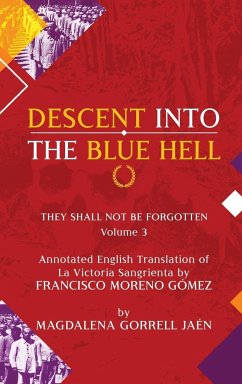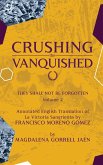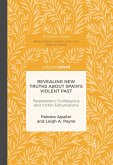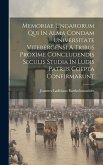The Spanish Civil War that began July 1936 with Franco's military coup, did not end with the defeat of the supporters of the legal government April 1939. When the first shot was fired, the military insurgents embarked on a wave of massacre, torture and repression against half of the Spanish population that was terrorized, helpless for 40 years The Spanish Civil War that began 17 July 1936 with Franco's military coup, did not end with the defeat of the supporters of the legal government 1 April 1939. From the moment the first shot was fired, the military insurgents embarked on a wave of massacre, torture and repression against half of the Spanish population that was terrorized, helpless for 40 years, until Franco's death in 1975. Aside from a brief lifting of the forced lid of silence in the 1950s, the rest of the world remains ignorant of the genocide that, closely modelled on Hitler's methods in Nazi Germany, led to the post-war slaughter of tens of thousands by firing squad or extra-legal methods buried, unidentified, by the hundreds in mass graves, many of which are only now being uncovered. Damnatio Memoriae, supported by dozens of eye-witness interviews, addresses this dark period in great detail as it sheds light on the repression that destroyed the lives of hundreds of thousands of dissenting men and women imprisoned for many years in more than 180 concentration camps, countless prisons and slave labour workers battalions where many died from torture, starvation and disease. Today, the surviving relatives of this half of the Spanish population, especially children who were taken from their parents to be re-educated, are attempting to identify the remains of the lost members of their families, give them some dignity in death, and obtain some closure to their pain.








